Remembrance Day 2021

Ever since the end of the First World War, 11 November has been a date for solemn reflection in countries like the UK, France and the US. All of them have enduring monuments and rituals to honour the memory of those lost to the Great War and to bring solace to the bereaved. At Wellington, we uphold this tradition too.
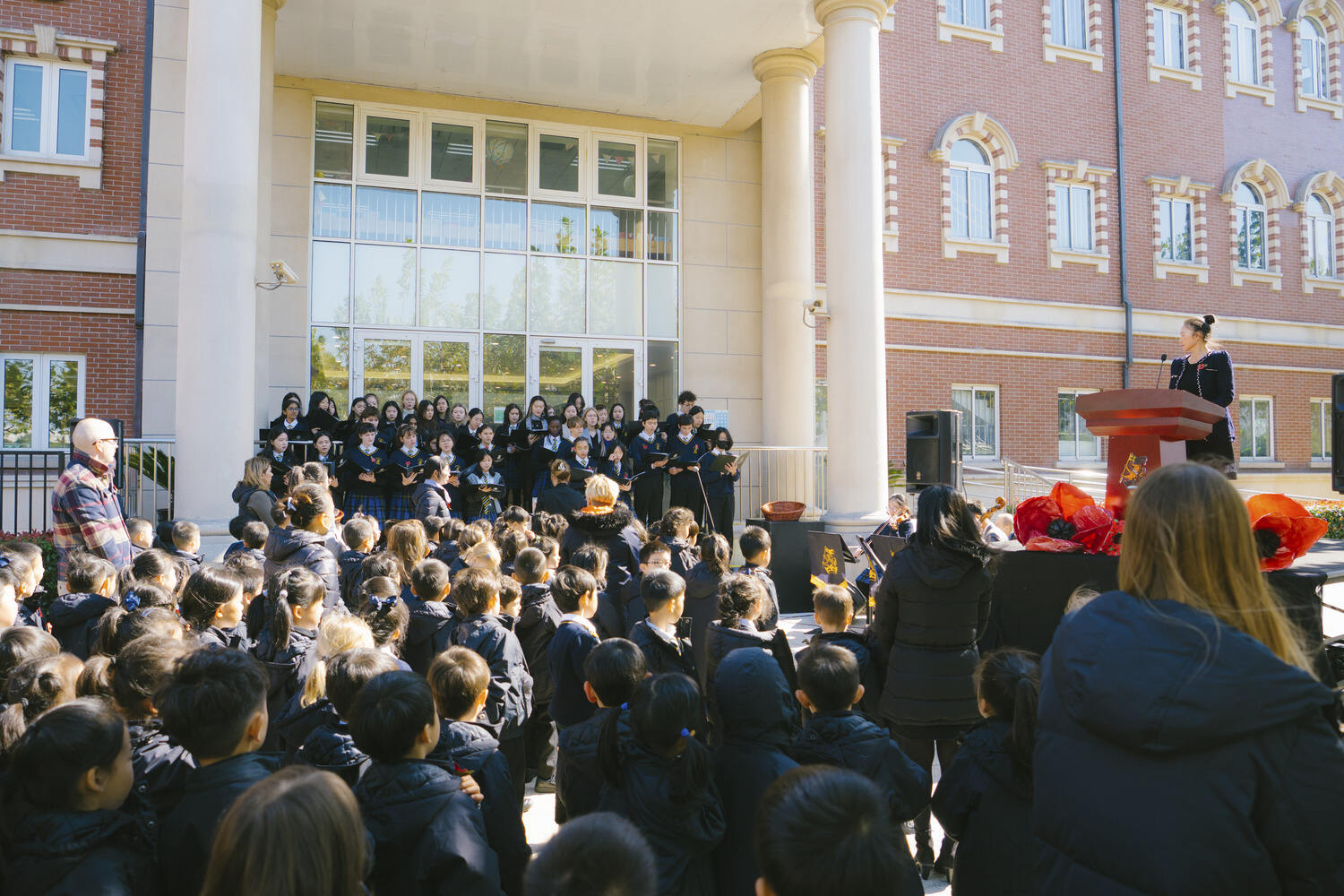
Every year, for Remembrance Day, our pupils and staff don red poppies, gather in the esplanade at 11:00am and take a quiet moment to commemorate those who have made the ultimate sacrifice for their country.
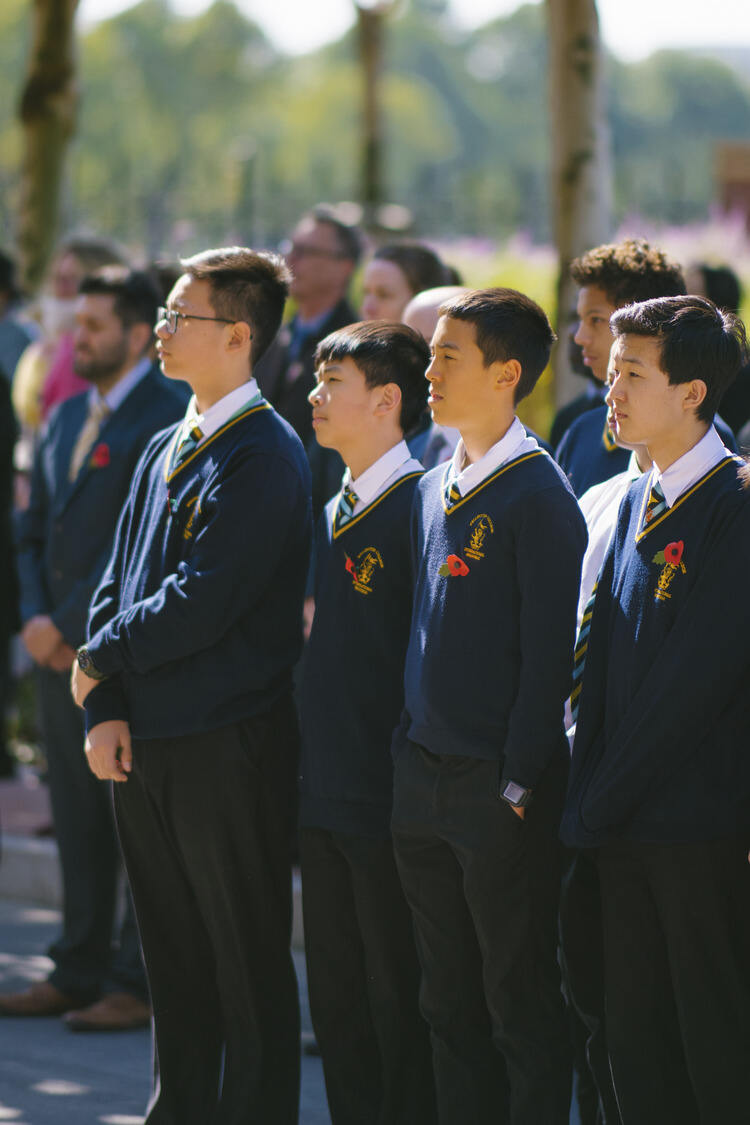
In his introductory address, Vice Principal and Head of Prep School Andrew Willis, underscored the point that this annual event is far from being a glorification or justifcation of war when he explained that Remembrance Day "allows us to think about all those people who suffer in wars all around the world and it reminds us how important it is to work for peace and international friendship."
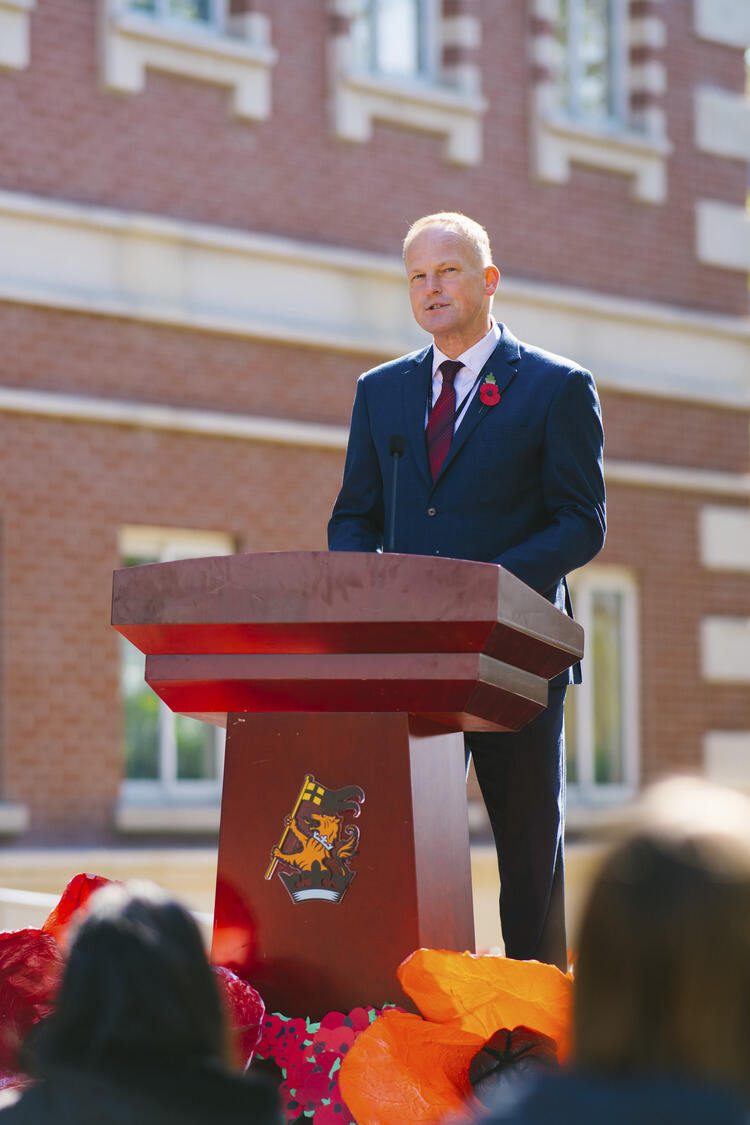
His use of present tense in that passage is telling. Remembrance Day may have its roots in the First World War, but its rituals are by no means limited to commemorating what happened in Europe in the early 20th century. As we all know, the so-called 'War to End All Wars' never ended them. People around the world continue to suffer the consequences of armed conflict.
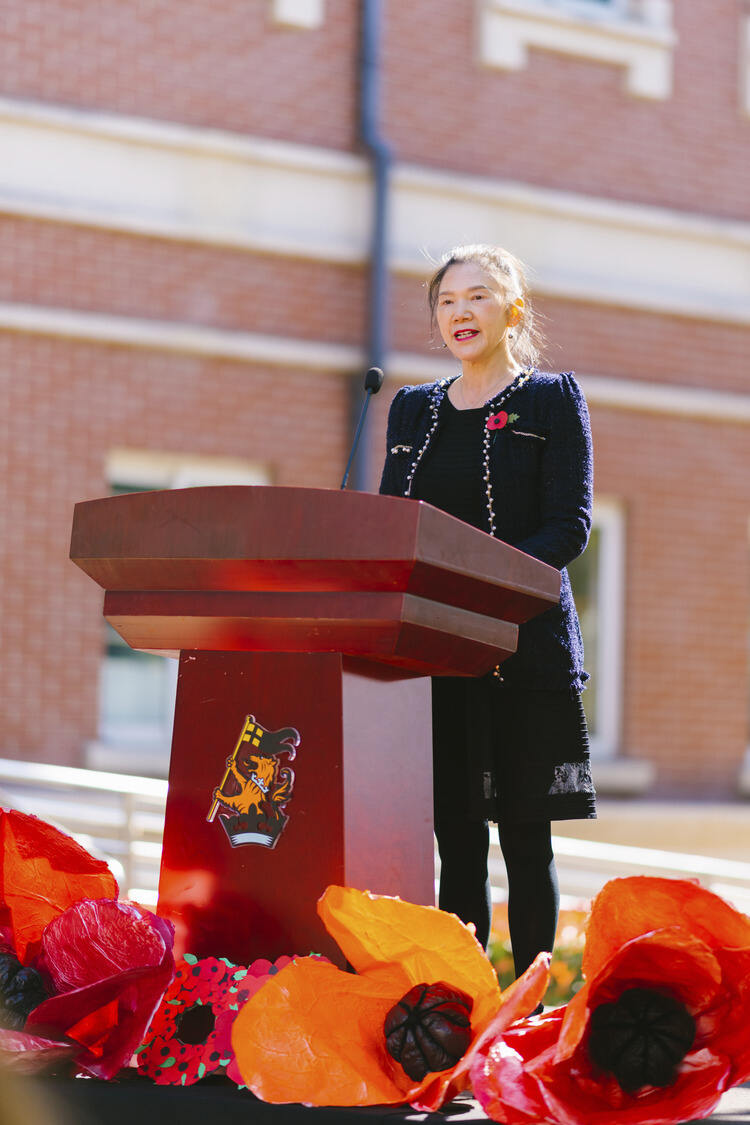
But, as Helena Hicks, Director of Chinese Studies, illustrated, we have an enormous capacity for kindness. She shared a poignant passage from the memoir of Wang Lingqi, one of 4000 children who were orphaned in the aftermath of World War II and adopted by Chinese families. She quoted Wang as saying: "I was taken in by a Chinese family and have enjoyed a full life with the help of my kind adoptive parents… I hope to do my small part in opposing the war of aggression and maintaining world peace during my lifetime."
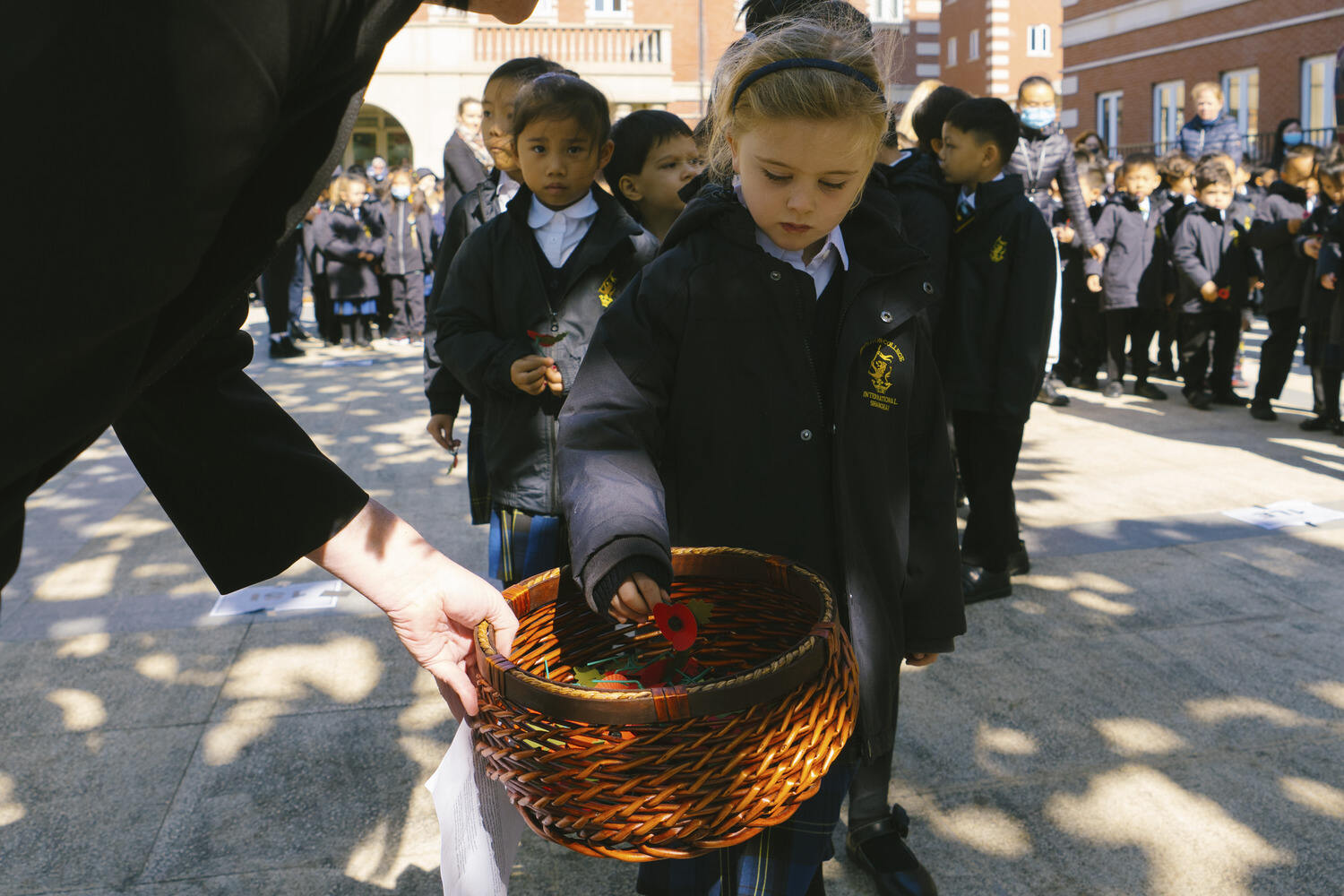
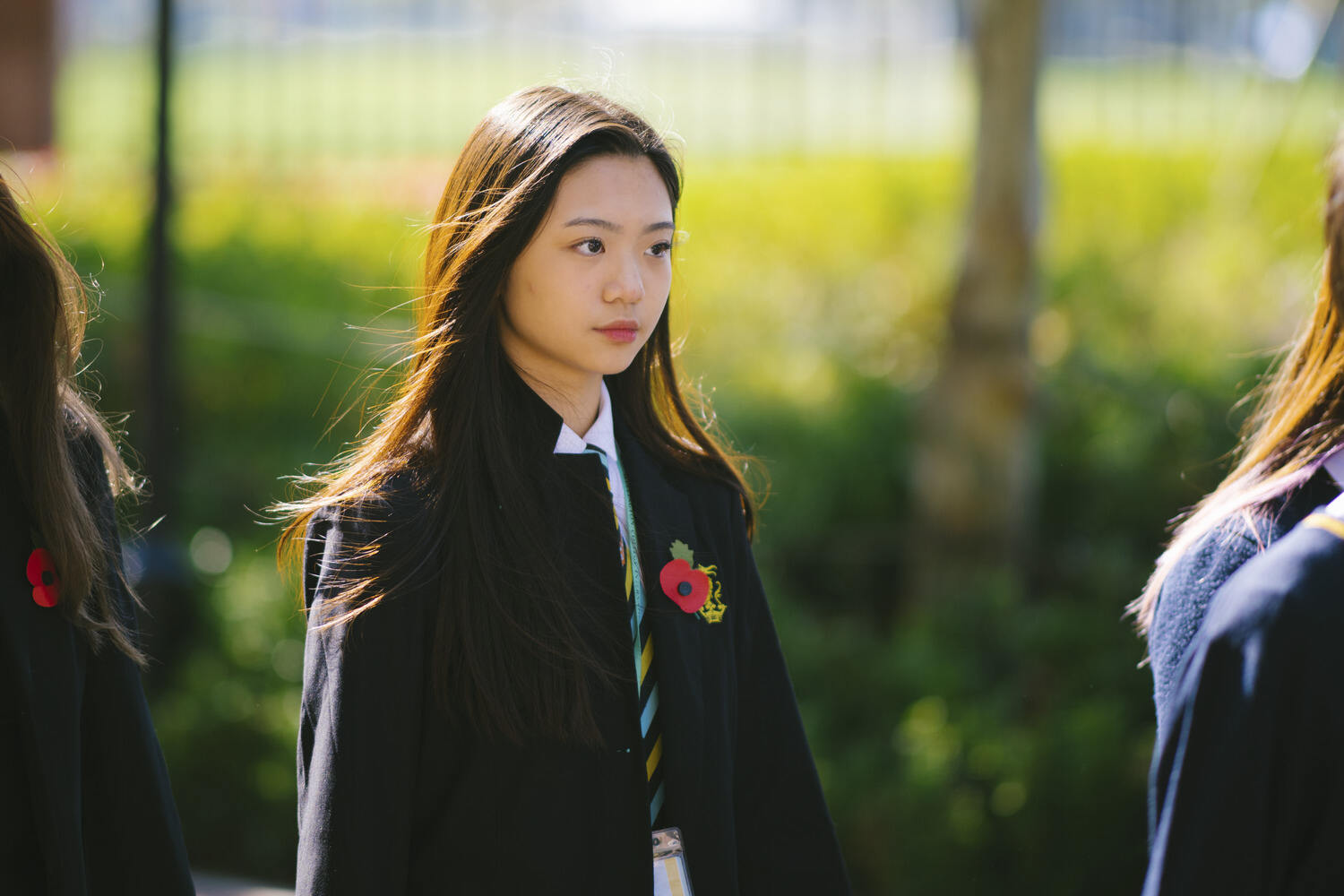
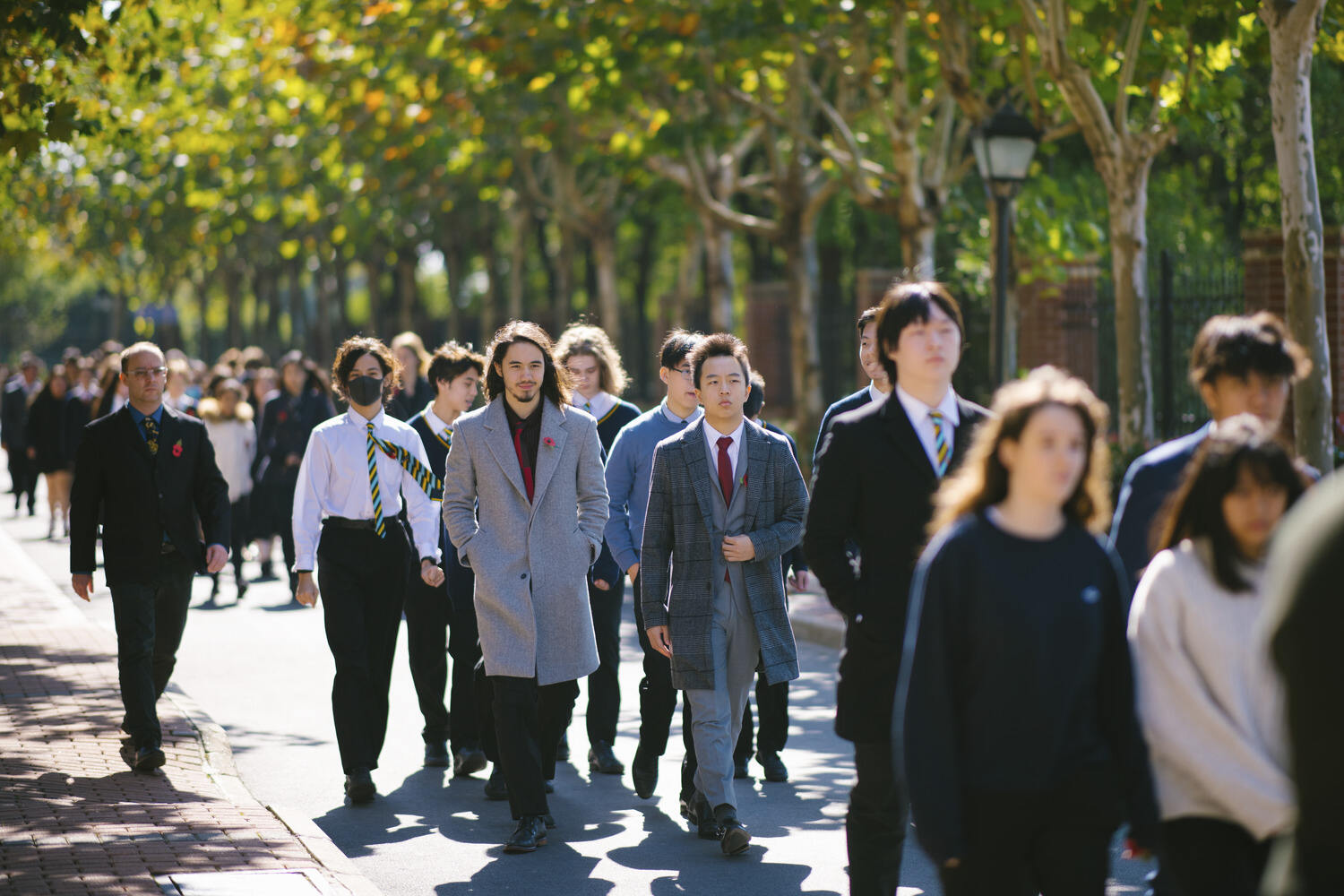
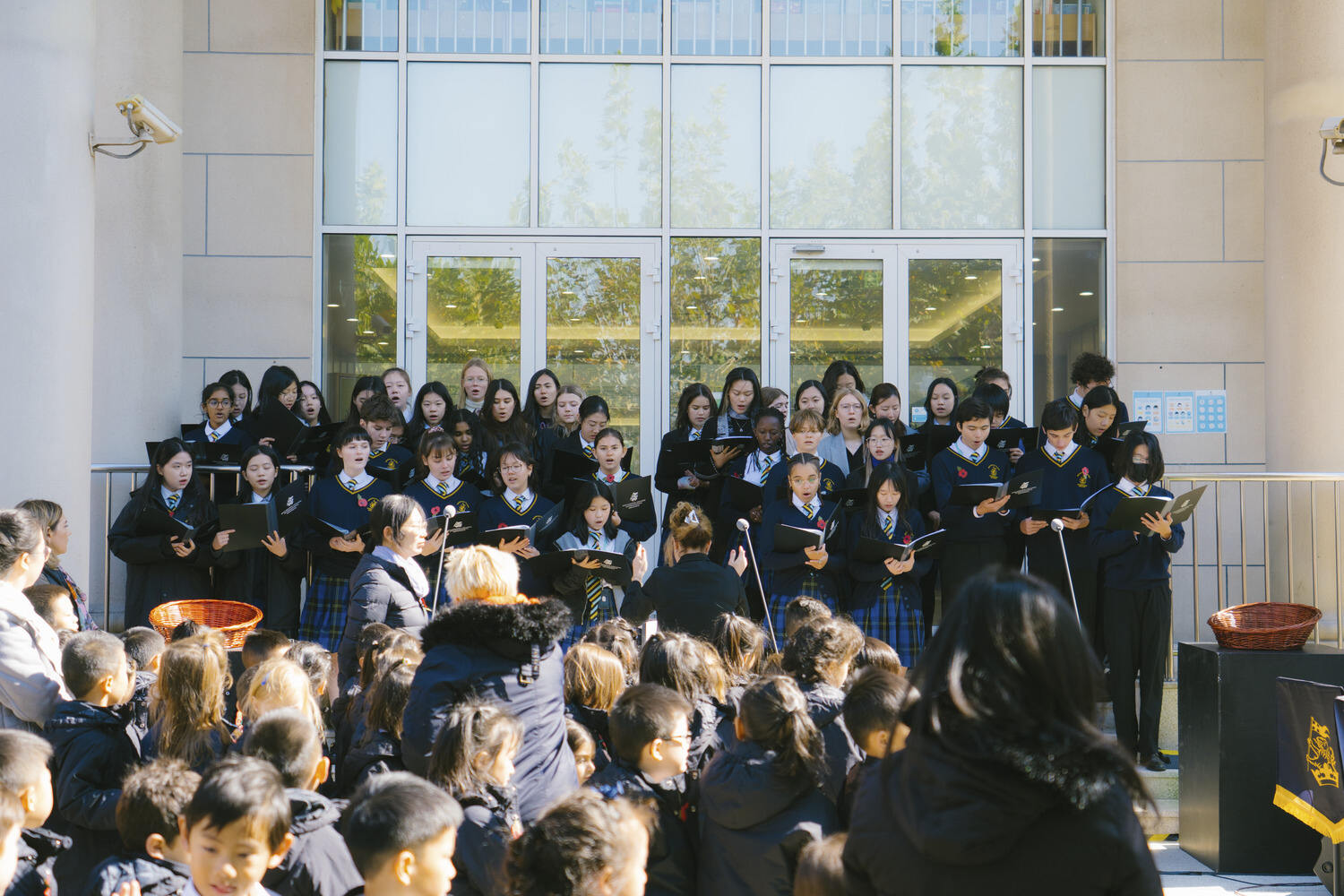
Indeed, there are no decisive winners in a war. All who participate suffer immeasurable losses. The Wellington Community with its pupils, parents and teachers representing 45 different countries and territories is living proof that international, cross-cultural friendships can be strong and enduring and perhaps even make war less likely.
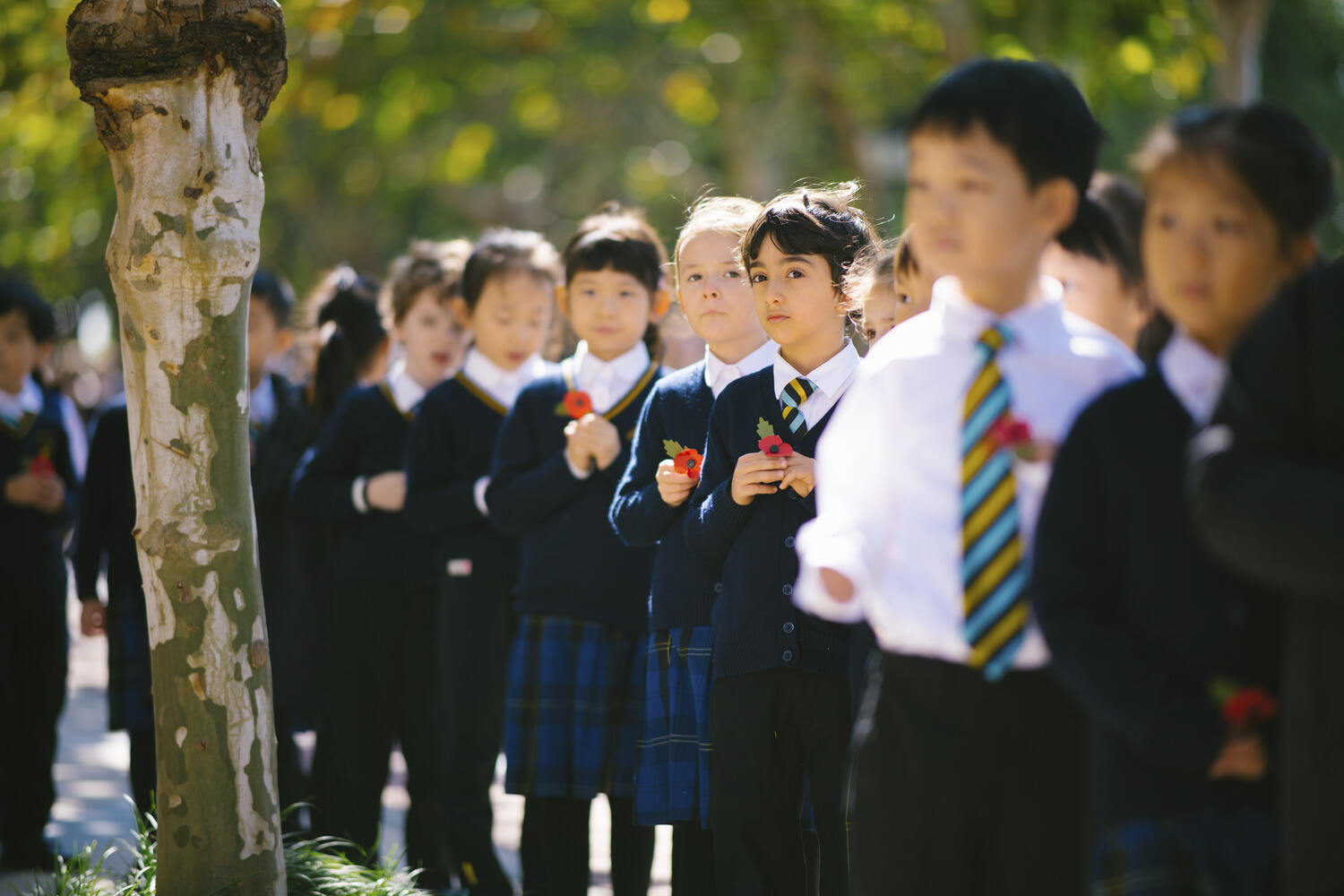
Related Articles













